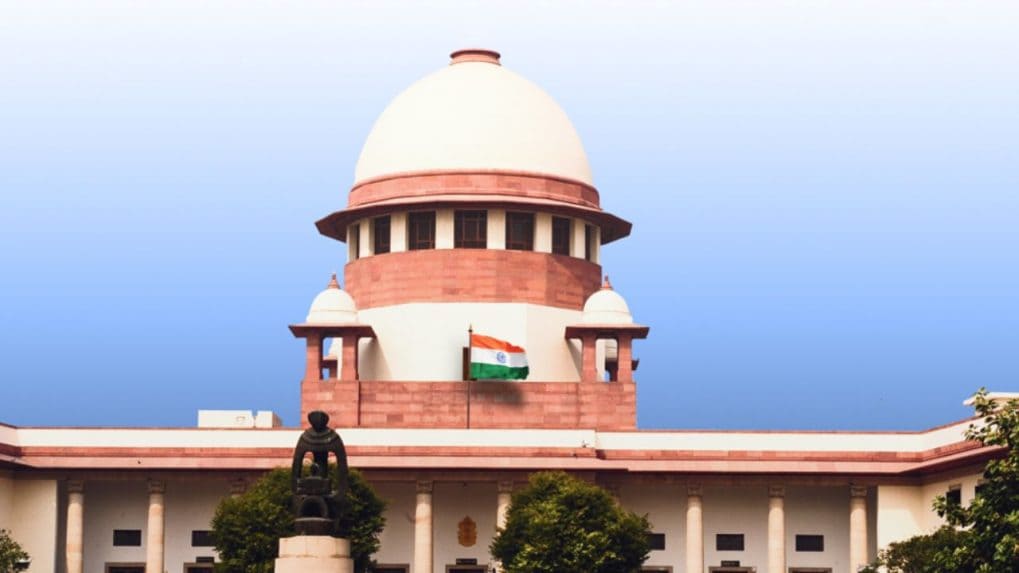‘Scintilla of Skill’ argument returns as gaming companies challenge govt's stance in SC
In a noteworthy moment, the government’s own legal team acknowledged in writing that playing a skill-based game for stakes does not alter its fundamental nature.
ADVERTISEMENT
On Wednesday, gaming companies appearing before a division bench of the Supreme Court comprising Justices JB Pardiwala and R. Mahadevan, contested that a game of skill cannot be classified as gambling when stakes are involved pointing out that historical legal interpretation shows that 'even a scintilla of skill' was once enough to avoid gambling classification.
The bench, comprising Justices JB Pardiwala and R. Mahadevan, heard impassioned arguments that drew from decades of legal precedent, constitutional interpretation, and the evolution of gambling laws in India.
Gaming firms, including leading operator Gameskraft, contended that games like rummy fall squarely within the legal definition of “games of skill.” Their lawyers emphasized that historically, even a “scintilla of skill” was sufficient to distinguish a game from gambling in the eyes of the law.
Representing the Union government, Additional Solicitor General N. Venkatraman laid out a nuanced legal framework, citing three categories of case law. He pointed out that when older Gambling Acts included a “carve-out clause” for games of skill, several High Courts upheld the legality of such games even when played for money.
Interestingly, even after some states amended their laws to remove this protective clause, courts have continued to allow wagering on skill games. Venkatraman argued that the phrase “betting and gambling” should be interpreted as “betting on gambling”—that is, betting on games of chance—not on games demonstrably driven by skill.
Senior advocate Dr. Abhishek Manu Singhvi, appearing for Gameskraft, took direct aim at recent efforts to categorize online rummy as gambling. In his argument, Singhvi made a clear distinction between games of chance and games of skill, asserting that the mere presence of stakes does not turn a skill-based game into a gambling activity.
He underscored this position with references to landmark judgments and sections of the GST Act. Singhvi also highlighted the potential financial fallout for gaming companies, pointing to hefty tax demands based on a revised interpretation of online rummy as gambling.
A significant portion of the hearing focused on the operational structure of online gaming platforms. Counsel clarified that these companies act as intermediaries or service providers—not bookmakers or betting operators—thereby reinforcing their legal position under existing laws.
In a noteworthy moment, the government’s own legal team acknowledged in writing that playing a skill-based game for stakes does not alter its fundamental nature. This admission could prove to be a game-changer as the court moves toward a consolidated hearing on gaming-related legal matters.


